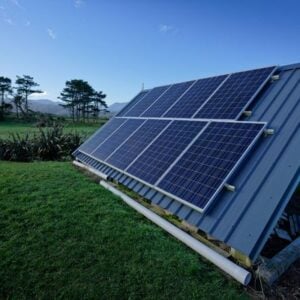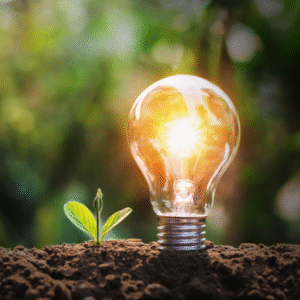The 11th Southern African Development Community (SADC) Multi-Stakeholder Water Dialogue took place in Maseru, Lesotho, from 29 to 30 September 2025. The discussions reviewed progress in water-related initiatives under the Water-Energy-Food-Ecosystems (WEFE) Nexus framework, focusing on how water security and integrated planning can strengthen the region’s new smart economic corridors. The aim was to ensure sustainable development by promoting climate-resilient infrastructure, cross-sectoral cooperation, regional value chains, and innovative investment plans.
Held under the theme “Water Security, Innovation, and Nexus Action: Watering and Enabling Regional Economic Development Corridors for Transformation in SADC,” the Dialogue emphasized the need to move away from siloed planning and embrace integrated approaches. Lesotho’s Minister of Natural Resources, Honourable Mohlomi Moleko, underlined that water is central to economic growth, food and energy security, industry, public health, and cooperation on shared resources. He stressed that water should be placed at the core of regional planning and investment to support inclusive development and resilience.
Dr. Patrice Kabeya, Senior Programmes Officer for Water at the SADC Secretariat, presented the current status of water and energy in the region. He highlighted that only 63% of the population has access to safe water and just 37% to sanitation, both far below the 2030 target of 80%. Electricity access has improved to 56% but still lags behind the 85% target, while renewable energy contributes only 35% to the regional mix. He called for accelerated development of economic corridors, deeper integration across sectors, and mainstreaming of climate and disaster risk reduction in planning to achieve long-term resilience.
International partners reaffirmed their support to SADC. Ms. Simone Goertz from the German Embassy in Botswana highlighted Germany’s two-decade-long support for transboundary water management through GIZ, contributing to institutional capacity building, climate resilience, and infrastructure development. Similarly, representatives from the European Union, Global Water Partnership Southern Africa (GWPSA), and the Lesotho government stressed the need for stronger collaboration with River Basin Organisations, mobilization of financing, and ecosystem protection to ensure water resources contribute effectively to economic transformation.
The Dialogue covered key issues such as policy and institutional alignment, water’s role in economic corridors, and financing Nexus-based investments to support inclusive and sustainable growth. It was organized in partnership with the Government of Lesotho and supported by Germany through the SADC-German Transboundary Water Management Project, implemented by GIZ with GWPSA. The biennial event gathered policymakers, practitioners, civil society, and private sector representatives across water, energy, agriculture, environment, finance, and other sectors, including youth and gender groups, to shape strategies for regional integration and resilience under the smart corridor development agenda.







